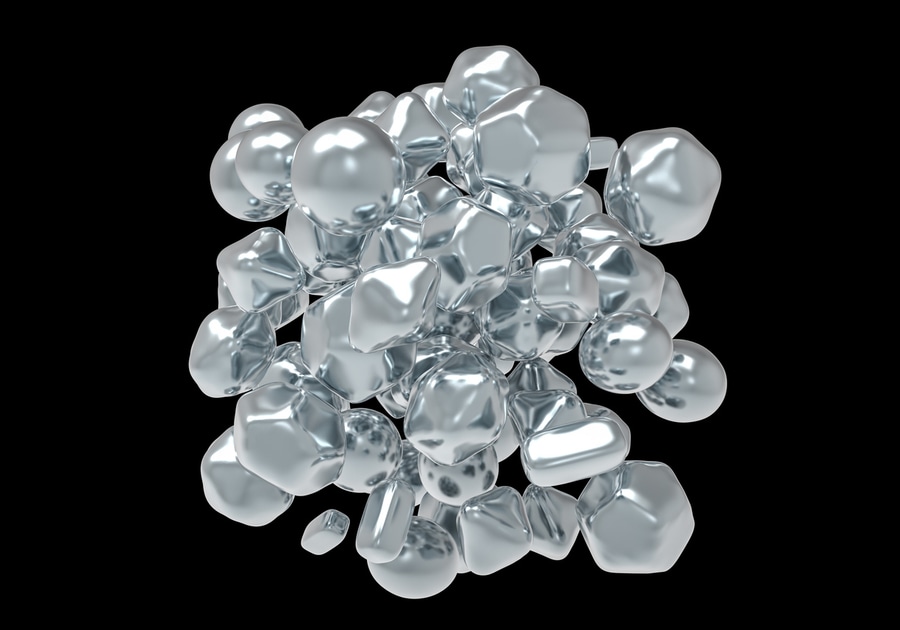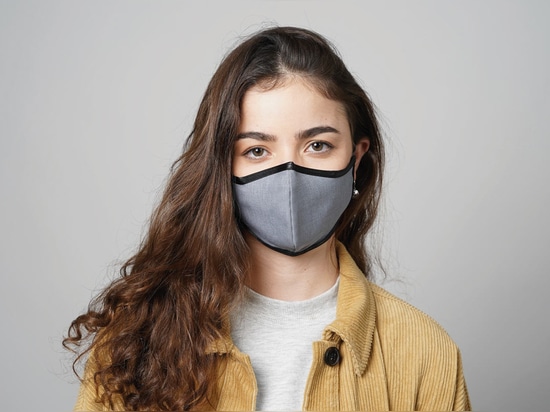
#Product Trends
Technology to Eliminate Bacteria and Viruses on Fabric Used in Masks
Israeli start-up Sonovia has developed a technology to impregnate the fabric used in masks and other applications in order to protect the wearer from Covid-19 and other viruses.
This technology employs ultrasonic soundwaves to offer 98% particle filtration efficiency, 99.99% antibacterial efficacy—including antibiotic-resistant bacteria—and 99,89% virucidal efficacy. The process also has excellent durability against industrial laundries, according to Yuli Nofar, a Sonovia’s representative. She explained:
“Our technology was initially developed to fight hospital-acquired infections. This technology, which has been tested on Covid-19, eliminates all bacteria that land on the mask. The SonoMasks are reusable and can be worn for one year and have up to 55 washes.”
Antimicrobial Activities
Sonovia was founded in 2013 following over 10 years of research by Bar Ilan University Israel and a four-year, EU-funded research project looking into fighting hospital-acquired infections. Its patented technology uses ultrasonic soundwaves to physically infuse zinc oxide nanoparticles on to the fabric. In recent times, metal nanoparticles have been shown to be efficient against a wide range of pathogens. Zinc oxide nanoparticles, in particular, have been proved to have antimicrobial activities against various human pathogens while being safe for humans to wear. Nofar said:
“Textiles are the substrates we come most in contact with during the day, from apparel, including underwear, to bedding, car, bus and airplane seats and wall covers. The need to sanitize those substrates is imperative.”
But the company also wanted to address the massive pollution that derives from fabric wet-processing, with the textile industry widely considered to be the second most polluting industry on the planet. Designed for comfort, as well as durability, the company says the SonoMask can replace more than 300 disposable masks. The finishing process uses 50% fewer chemicals than other methods. Its chemical formulations are all water-based; no chemical binders or other harmful materials are used; fabrics and surfaces treated with the technology are safe for use and the environment.
Highly Scalable
The process is also fully-automated and easy to integrate into existing production lines within a short period of time. Nofar said:
“Sonovia’s technology is comprised of a Sono-machine and Sono-chemistry. We are due to commercialize our technology on the basis of the ‘Nespresso’ model, ie a one-time sale of the Sono-machine, and repeatable sales of the Sono-chemistry. Sonovia is due to become a chemistry company, focusing both on chemistry R&D, supply, and in charge of the process training and support while being the main entity facing the customers: fabric finishers.”
According to Nofar, this technology is highly scalable, and “market adoption could be aggressive”.
The Sono-machines will be supplied by Brückner Textile Machinery, a Germany-based, fabric finishing machinery manufacturer with 5,000 fabric finishing lines and modules across the globe. Sonovia is currently also collaborating with industry leaders across multiple sectors, including clothing, automotive, locomotive, hospitality, plus medical companies, to evolve textile performance in additional fields, such as UV-protection, water-repellency and fire-retardancy.





